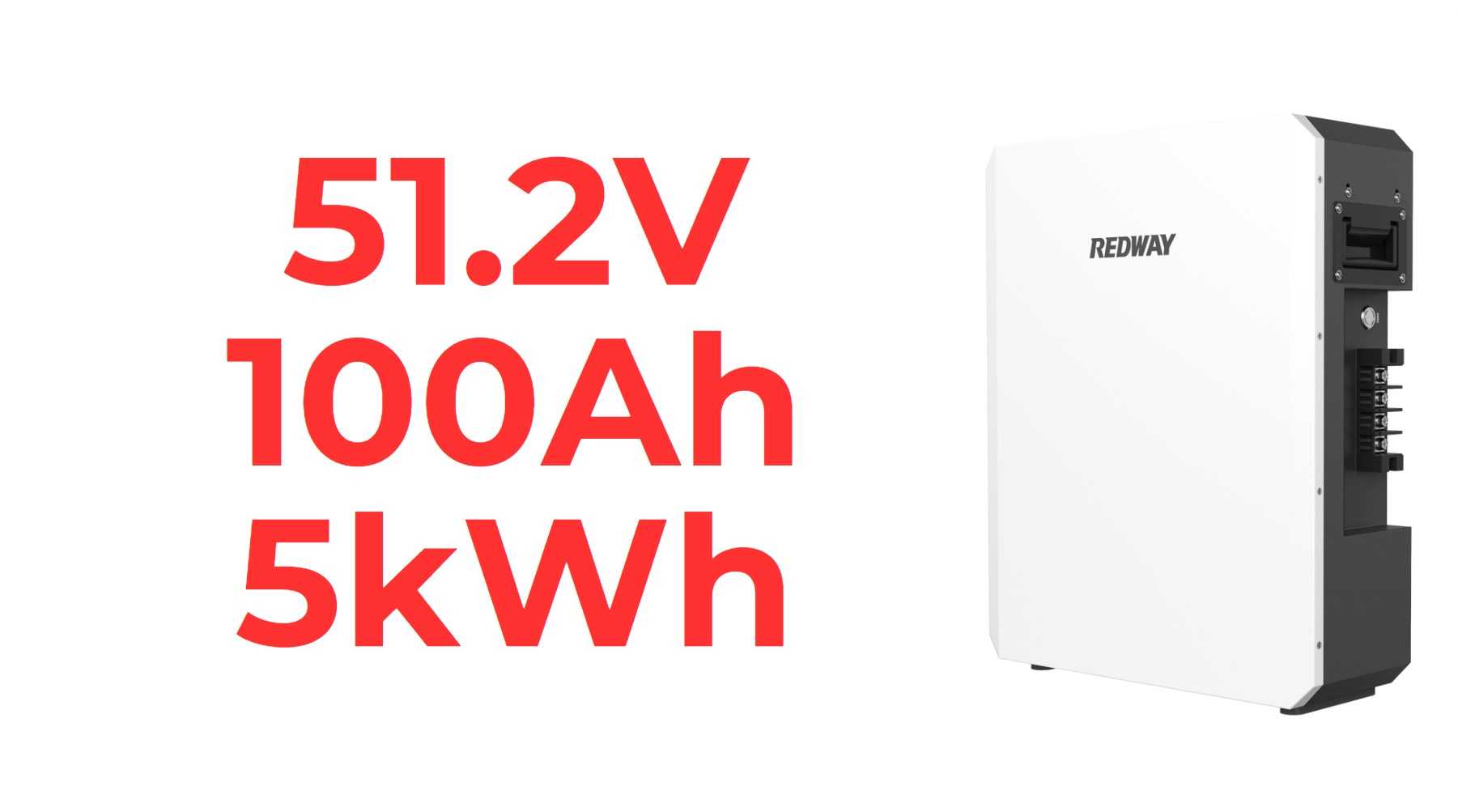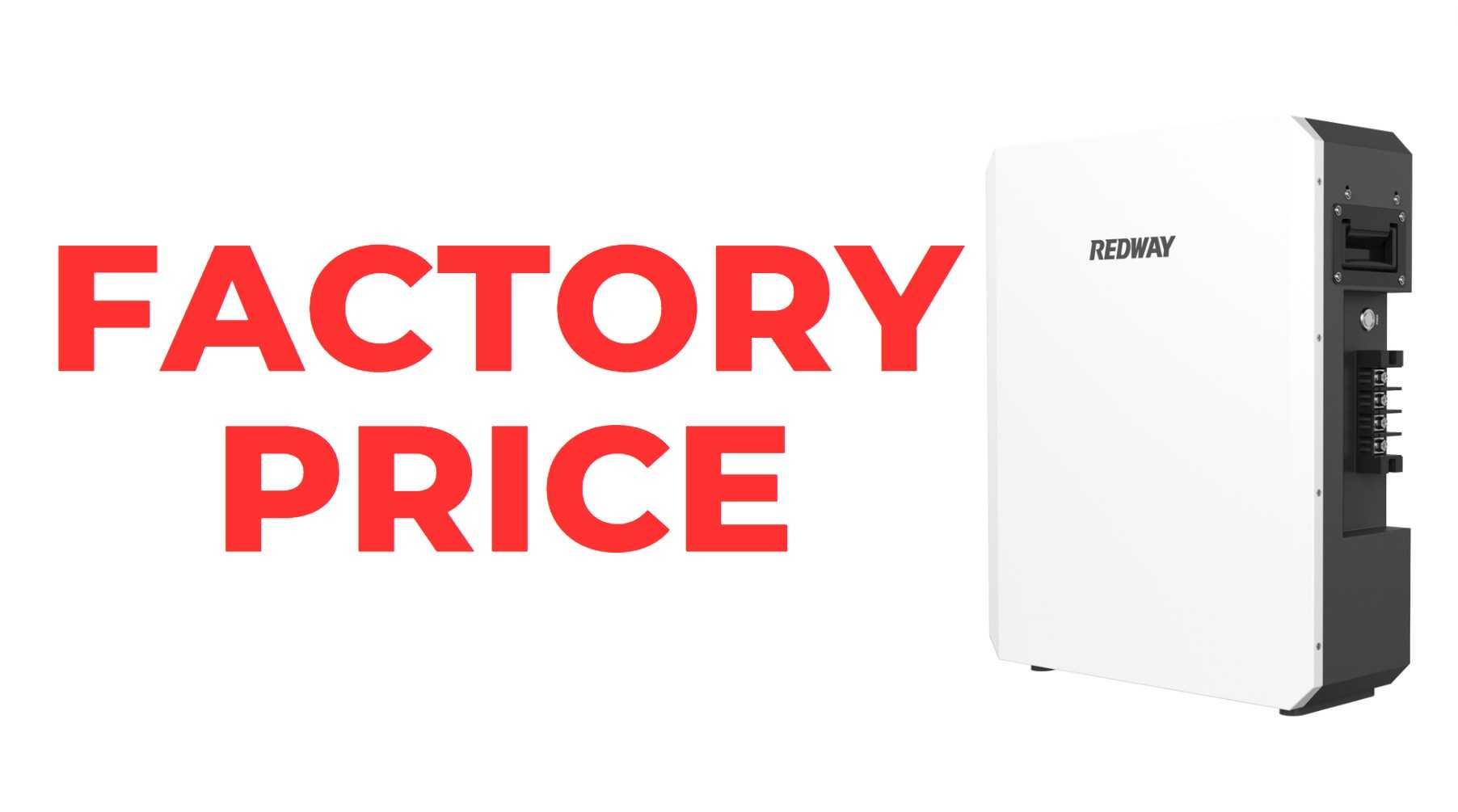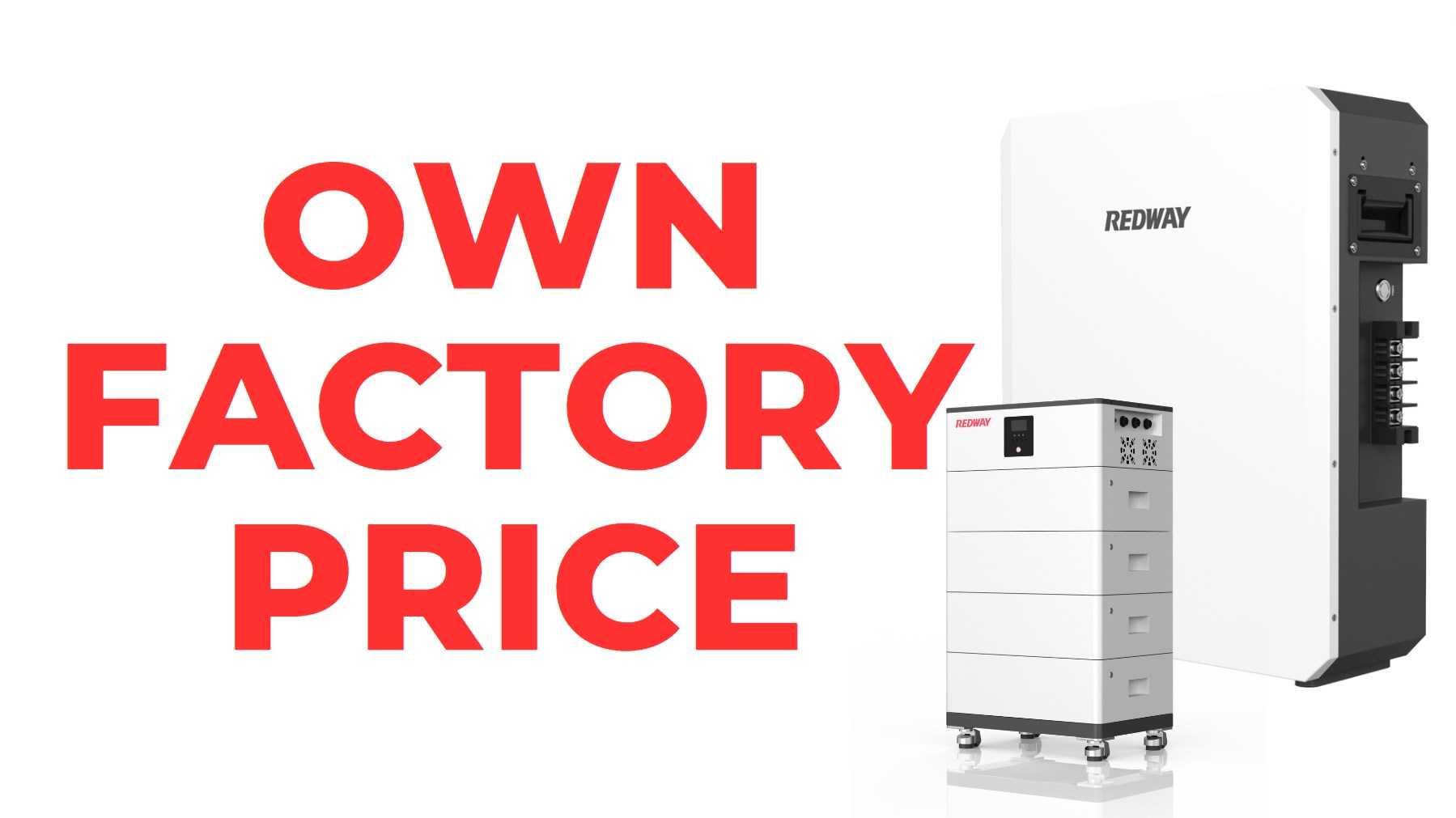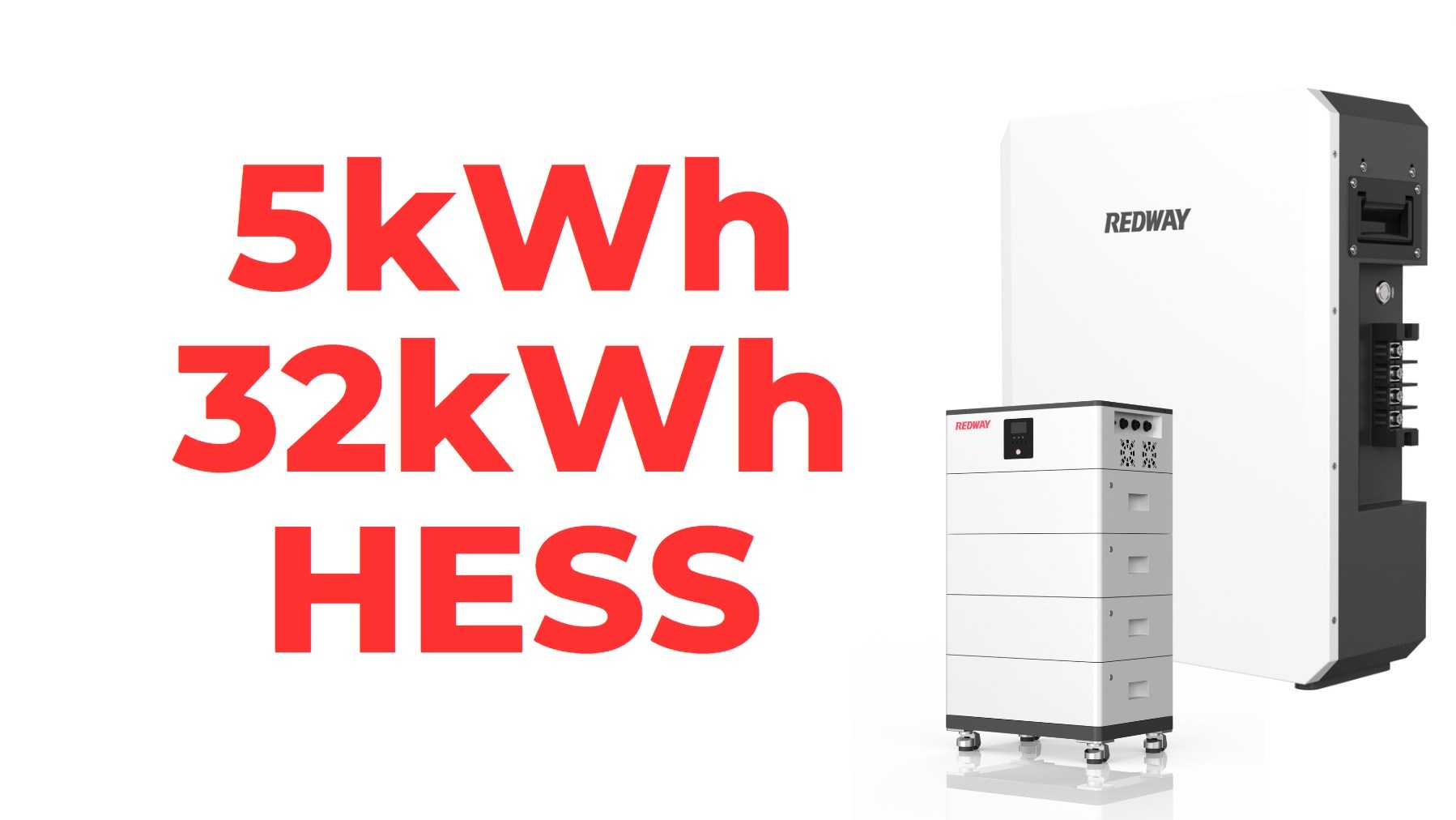Comparing Home Battery Storage Prices: Making Informed Choices
Welcome to the enlightening world of home battery storage! As our lives become more reliant on electricity, it’s no surprise that homeowners are seeking innovative ways to power their homes efficiently and sustainably. With the rise of renewable energy sources like solar power, home battery storage systems have emerged as a game-changer in the quest for energy independence.
Imagine never having to worry about blackouts or skyrocketing energy bills again. Picture harnessing the sun’s abundant power during the day and storing it for use at night when your household is buzzing with activity. Home battery storage not only offers peace of mind but also puts you in control of your energy consumption like never before.
But before you leap headfirst into this electrifying trend, there are certain factors you need to consider. Home battery technology has come a long way, and today’s market is flooded with various brands offering different features, capacities, and price points. It can feel overwhelming trying to navigate through all the options available!
That’s where we come in. In this comprehensive guide, we will walk you through everything you need to know about home battery storage prices so that you can make an informed decision that suits both your needs and budget. From comparing top brands to analyzing long-term cost savings – we’ve got you covered! So let’s delve into this electrifying topic together, shall we? Get ready to light up your knowledge on home batteries!
The Rise of Home Battery Storage
The rise of home battery storage has been nothing short of remarkable. With advancements in technology, homeowners now have the opportunity to harness and store energy like never before. Gone are the days when we solely relied on traditional power grids and dealt with unpredictable outages.
One major driving force behind this surge in popularity is the increasing interest in renewable energy sources such as solar power. As more households adopt solar panels for their electricity needs, they are realizing that excess energy generated during the day can be stored for later use. This not only provides a reliable backup during blackouts but also allows homeowners to maximize their energy independence.
Another factor contributing to the rise of home battery storage is the growing concern for environmental sustainability. People are becoming increasingly conscious about reducing their carbon footprint and embracing cleaner forms of energy consumption. Home batteries offer an eco-friendly solution by storing clean energy generated from renewable sources, effectively reducing reliance on fossil fuels.
Furthermore, advancements in battery technology have made these systems more efficient and affordable than ever before. Lithium-ion batteries, which offer higher capacity and longer lifespan compared to older technologies like lead-acid batteries, have become widely available for residential use. Additionally, government incentives and rebates further incentivize homeowners to invest in home battery storage systems.
It’s clear that home battery storage is not just a passing trend but a significant step towards a sustainable future where individuals can take control of their own power supply. As technology continues to evolve and prices become even more competitive, we can expect this upward trajectory to continue as more households embrace the benefits offered by home batteries.
Benefits of Home Battery Storage
Benefits of Home Battery Storage
Home battery storage systems have gained popularity in recent years, and it’s not hard to see why. These innovative devices offer a range of benefits that can enhance your home’s energy efficiency and provide you with peace of mind.
One major benefit of home battery storage is the ability to store excess energy generated by solar panels. Instead of sending this unused energy back into the grid, you can save it for later use during times when your solar panels may not be producing as much electricity. This helps to maximize your self-consumption and reduce reliance on the grid.
Another advantage is increased independence from the power grid. With a home battery system, you have a backup power source during outages or emergencies. This means you can still keep essential appliances running, such as refrigerators or medical equipment, even if there’s a blackout in your area.
Additionally, using home battery storage allows for greater flexibility in managing your energy consumption. You can choose when to draw electricity from the batteries or from the grid based on factors like time-of-use rates or peak demand periods. This level of control puts you in charge of optimizing your energy usage and potentially saving on utility bills.
Furthermore, installing a home battery system contributes to reducing carbon emissions by promoting renewable energy usage. By storing excess solar-generated electricity instead of relying solely on fossil fuel-based power plants, homeowners play an active role in combating climate change.
Investing in home battery storage offers numerous advantages including maximizing self-consumption of solar-generated electricity, providing backup power during outages or emergencies, enabling greater control over energy consumption patterns while potentially lowering utility bills and contributing towards a more sustainable future.
Factors to Consider Before Purchasing a Home Battery
Factors to Consider Before Purchasing a Home Battery
When considering investing in a home battery storage system, there are several important factors that should be taken into account. It is crucial to assess your energy needs and consumption patterns. Understanding how much electricity you use on a daily basis will help determine the size and capacity of the battery required.
Another factor to consider is compatibility with your existing solar panels or renewable energy system. Not all batteries are compatible with every type of setup, so it’s essential to ensure that the battery you choose can seamlessly integrate with your current system.
The lifespan of the battery is another crucial consideration. Different brands offer different warranty periods, ranging from 5 years up to 20 years. It’s important to evaluate both the upfront cost and long-term value when making this decision.
Additionally, it is vital to research and compare the various features offered by different brands. Some batteries come equipped with advanced monitoring systems or smart technology that allows for remote management and optimization of energy usage.
Don’t forget about safety certifications and standards compliance. Ensure that any potential home battery meets industry regulations for safety and performance.
By carefully considering these factors before purchasing a home battery storage system, homeowners can make an informed choice that aligns with their energy needs and budget constraints while maximizing efficiency and sustainability in their homes.

Comparison of Top Home Battery Brands and Prices
When it comes to home battery storage, there are several top brands that offer a range of options to suit different needs and budgets. Let’s take a closer look at some of the leading brands in the market and compare their prices.
One notable brand is Tesla, which offers their Powerwall battery system. Known for its sleek design and advanced features, the Tesla Powerwall comes with a price tag starting at around $6,000. Another popular option is the LG Chem RESU series, which starts at approximately $5,500. Both these brands have garnered positive reviews for their performance and reliability.
If you’re looking for more affordable options, you might consider brands like Enphase or Sonnen. The Enphase AC Battery typically costs around $1,200 per unit while Sonnen offers various models ranging from $3,000 to $8,000 depending on capacity.
It’s important to note that these prices may vary based on factors such as installation requirements and additional accessories needed for integration with your existing solar power system.
Before making a decision, it’s advisable to research each brand thoroughly and consider factors beyond just the initial cost. Look into warranty terms offered by each company as well as customer satisfaction rates. Additionally,long-term cost savings analysis can help determine whether investing in home battery storage will truly be beneficial in reducing your electricity bills over time.
Remember that choosing the right home battery storage system involves careful consideration of factors such as price point but also durability,reliability,customer support,and compatibility with other energy systems within your home.
This way,you can make an informed choice that best suits your specific needs and budget
Customer Reviews and Satisfaction Rates
When it comes to purchasing a home battery storage system, one of the most important factors to consider is customer reviews and satisfaction rates. After all, who better to trust than those who have already invested in and experienced these products firsthand?
A quick search online will reveal numerous websites and forums where homeowners share their experiences with different brands of home batteries. Reading through these reviews can provide valuable insights into the performance, reliability, and overall satisfaction levels of various systems.
Many customers emphasize the importance of choosing a reputable brand that offers excellent customer support. They appreciate companies that are responsive to their inquiries or concerns, ensuring a smooth installation process and ongoing assistance when needed.
In addition to evaluating product quality and company support, looking at customer satisfaction rates can give you an idea of how well a particular home battery system meets users’ expectations. High satisfaction rates indicate that the majority of customers are happy with their purchase and would recommend it to others.
It’s also worth noting any recurring themes or issues mentioned in customer reviews. For example, some customers might have had trouble with certain features or encountered compatibility problems with other solar equipment. Understanding these potential drawbacks can help you make an informed decision about which home battery storage system is right for your unique needs.
Taking the time to research customer reviews and satisfaction rates is crucial in ensuring you choose a reliable home battery storage solution that aligns with your requirements while providing peace of mind for years to come.
Long-Term Cost Savings Analysis
Long-Term Cost Savings Analysis:
When considering the purchase of a home battery storage system, it is important to take into account the long-term cost savings that can be achieved. While upfront costs may seem high, the potential for significant savings over time makes it a worthwhile investment.
One major factor to consider is the ability to store excess energy generated by solar panels during peak production times. This stored energy can then be used during periods of low production or high electricity demand, reducing reliance on grid power and lowering overall energy bills.
Additionally, many home battery systems offer the option to participate in utility programs that incentivize homeowners for reducing their electricity consumption during peak hours. By using stored energy instead of drawing from the grid when rates are highest, homeowners can further reduce their monthly bills.
Furthermore, as electricity prices continue to rise over time, having a home battery storage system allows homeowners to lock in lower rates and protect themselves from future increases. This long-term protection against rising costs provides peace of mind and financial stability.
It’s also worth noting that some areas offer government incentives and tax credits for installing home battery storage systems. These incentives can offset some of the initial installation costs and enhance the overall cost-effectiveness.
While there may be an initial investment involved in purchasing a home battery storage system, careful consideration of long-term cost savings reveals its true value. From reducing reliance on grid power and participating in utility programs to locking in lower rates over time and taking advantage of government incentives – investing in a home battery storage system offers both immediate benefits through reduced energy bills and long-term financial advantages.
Conclusion: Making the Best Choice for Your Home and Budget
As we have explored in this article, home battery storage is an innovative solution that offers numerous benefits to homeowners. From reducing electricity bills to providing backup power during outages, these systems have gained popularity in recent years.
Before making a purchase, it’s essential to consider several factors such as energy needs, system capacity, efficiency ratings, and warranty terms. By evaluating these aspects and comparing different brands and prices, you can make an informed decision that suits both your home’s requirements and your budget.
In our comparison of top home battery brands and prices, we found that Tesla Powerwall stands out with its high-quality performance and competitive pricing. However, other reputable manufacturers like LG Chem and Sonnen also offer reliable options worth considering.
Customer reviews play a crucial role in understanding the real-world experiences of users. Taking into account customer satisfaction rates can give you valuable insights into each brand’s reliability and overall performance.
While the initial investment may seem significant when purchasing a home battery storage system, it’s important to consider the long-term cost savings associated with reduced reliance on the grid. With proper usage patterns and efficient energy management strategies in place, these systems can pay for themselves over time through lower electricity bills.
Choosing the best option for your home depends on careful consideration of all relevant factors – from upfront costs to system capabilities. It is advisable to consult with professionals or trusted experts who can guide you based on your specific circumstances.
By taking the time to research thoroughly and compare various options available in today’s market landscape – including their features, warranties offered by manufacturers – you will be well-equipped to make an informed choice that aligns perfectly with your needs while ensuring maximum value for money spent.
So go ahead! Take control of your energy consumption while contributing towards a greener future by investing in a reliable home battery storage system tailored specifically for your unique requirements. The possibilities are endless!




